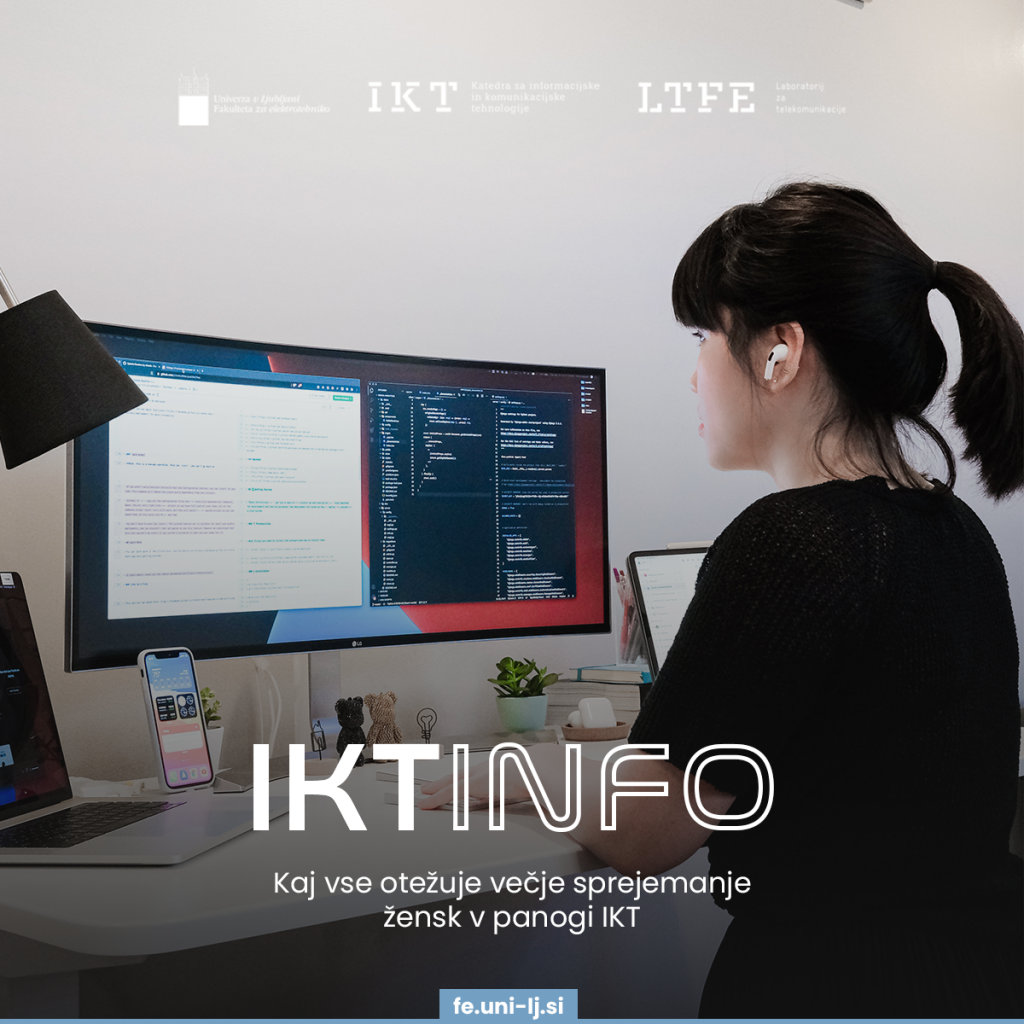[ICTinfo] What's making it harder for women to be more accepted in the ICT industry?
Date of publication: 12.12.2023The German digital association Bitkom notes that the IT and telecoms sector is experiencing the biggest shortage of experienced workers. However, it finds it encouraging that three quarters of ICT providers emphasise the exceptional role of women in this field. "Attracting women to technology companies is no longer just a question of desirability, it is a necessity for the economy," it points out Susanne Dehmel, CEO of Bitkom. To help companies attract, retain and promote the skills of female ICT workers, Bitkom has launched the publication "Women in the digital economy - a practical guide for companies"At the same time, it carried out a survey of more than 500 ICT companies, which showed that the main barriers to attracting women to ICT are the absence of a supportive infrastructure (76%), the presence of traditional role models in companies (73%) and the unwillingness to simplify the recruitment of women in the sector (57%). Respondents also mentioned the absence of women's self-promotion (55%), difficulties in re-employing women (53%) and the traditional preference for male employees over equally effective female colleagues (49%) as barriers. For 42% of companies, the problem is a lack of awareness among managers who make HR decisions, while 35% cite inconvenient working hours or attendance culture as a problem, 34% point to a more difficult recruitment process due to the requirements to consider women as a challenge, while 33% cite more difficult HR planning with a higher proportion of women.
The economy, manufacturing, education and other sectors have been subject to increased pressures and changes in recent years as a result of the pandemic and the measures taken to contain it, as well as the Russia-Ukraine war, as confirmed by various surveys and analyses. The Information and Communication Technologies (ICT) sector is also exposed to similar changes, but at the same time it is able to monitor, assess and control changes not only in its own sector but also in all other sectors, which has been a valuable help to all of them in recent years.
ICT helps businesses and institutions in all industries to organise work, adapt operations, streamline operations, process data, evaluate results, predict trends and discover new opportunities. And they enable schools and universities to implement hybrid forms of teaching and meaningful digitisation of learning processes.
This is why we have decided to publish regular summaries of information, assessments, analyses and studies by research and analyst companies that can help everyone to better monitor, learn about and understand changes and trends and to adapt more successfully to the new ICT era.
Prepared by the Department of Information and Communication Technologies in collaboration with Esad Jakupović





